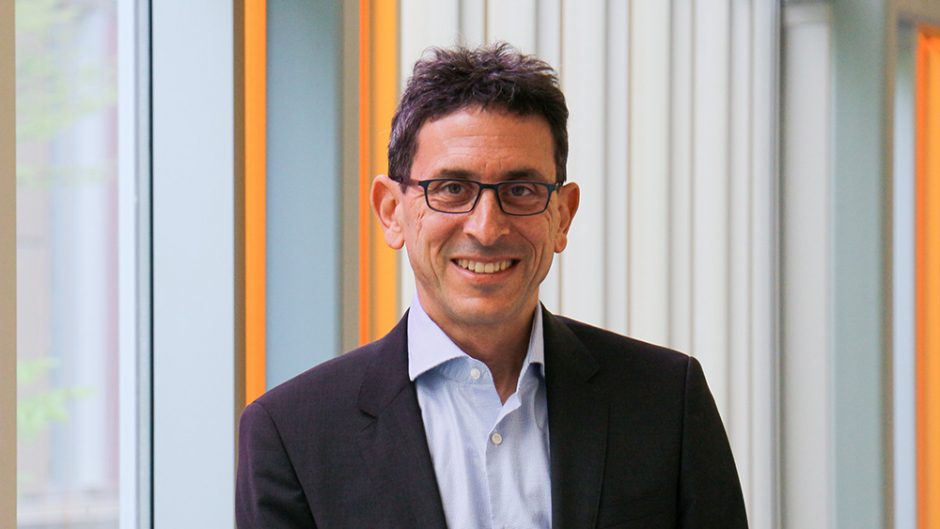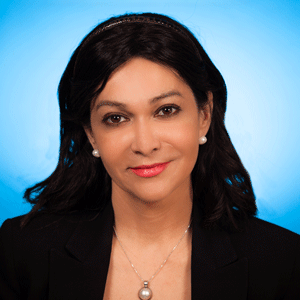January 6, 2023
Dr. Mark van Ommeren, Head, Mental Health Unit, Mental Health and Substance Use, World Health Organization (WHO), will be presenting two seminars at UBC in January:
School of Population and Public Health:
Global Health Lunch & Learn Seminar Series
Title: WHO (2022) World Mental Health Report: Transforming Mental Health for All
Date: Wednesday, January 11
Time: 12:30 – 1:30 pm
Location: Hybrid online/virtual and in-person at the School of Population and Public Health
Green College Leading Scholars Event Series
Title: Mental Health and Psychosocial Support of People Displaced in Humanitarian Settings: Lessons Learned
Date: Thursday, January 12
Time: 5:00 – 6:30 pm
Location: Hybrid online/virtual and in-person at Green College
January 5, 2023
Join the entrepreneurship@UBC community January 16-20, 2023 for Foundation Week.
This weeklong series of events will feature info sessions, workshops and meetups designed to elevate entrepreneurship and bring the UBC and wider community together. Meet their team and collaborators, and network with like-minded innovators.
Events will be held across various locations with Zoom links for online sessions.
January 5, 2023
The School of Audiology & Speech Sciences (SASS) will be hosting an in-house, student-led Audiology Clinic.
Following the successful 2022 pilot, the SASS Audiology Clinic 2023 will run from January 21 – April 1, 2023.
The clinic will be open on Saturdays for 10 weeks and will provide hearing assessments for adults. Each assessment will be 1.5 hours long, and includes a discussion of the test results and recommendations. The cost for an examination is $65.00 or an affordability rate of $45.00 for seniors (>60 yrs of age) and UBC students. The clinic will be led by first-year Audiology students, under the supervision of Registered Audiologists and Clinical Faculty Darlene Hicks and Stephanie Kore.
Students will gain real-world experience providing hearing assessments, while providing affordable hearing health services to adults.
January 3, 2023
A message from Dermot Kelleher, Dean, Faculty of Medicine and Vice-President, Health.
I am pleased to announce the appointment of Dr. Neeru Gupta as Head, Department of Ophthalmology & Visual Sciences, effective from January 1, 2023 to June 30, 2028.
Dr. Gupta joins UBC from the University of Toronto, where she is currently a professor of Ophthalmology and Vision Sciences and Chief of the Glaucoma Service. She also serves as the Dorothy Pitts Chair in Ophthalmology at St. Michael’s Hospital, President of the International Council of Ophthalmology, and President of the World Glaucoma Association.
As a surgeon-scientist, Dr. Gupta’s research aims at new targets to fight blinding disease and investigates the relationship between the eye and other health conditions. Her work in this area, including pioneering a minimally invasive glaucoma surgical technique, has been recognized through the World Glaucoma Association Research Award, the New York Academy of Medicine Lewis Rudin Glaucoma Research Prize, as well as recently becoming a Gold Fellow of the Association for Research in Vision and Ophthalmology. Dr. Gupta is also a consultant to the World Health Organization and contributed to the development of the landmark WHO Eye Care Guide launched in 2022.
In her role as Head of the UBC Department of Ophthalmology & Visual Sciences, Dr. Gupta will provide strategic leadership to the Department to foster excellence and innovation in education, research and service. She will be working part-time for the month of January, assuming the role full-time February 1.
Dr. Gupta’s appointment follows the interim leadership of Dr. Christopher Lyons. I wish to thank Dr. Lyons for his leadership and support.
Please join me in welcoming and congratulating Dr. Gupta in her new role.
December 23, 2022
Early-career researchers apply by Jan. 16.
December 23, 2022
UBC Media Relations has made its basic media training available to UBC researchers online. The course is designed specifically to help scholars develop the confidence to engage with media about newsworthy research.
Trainees will learn:
- how to evaluate the likelihood of media interest in a particular research story
- how to distill complex findings into media-friendly messages
- what to expect from various interview formats
- how to prepare for an interview
- how to control the focus of an interview
- when and how to connect with UBC Media Relations to promote findings
Access the course with a Campus-Wide Login through Canvas Catalog and work through it at your own pace. The course consists of five modules that include exercises, quizzes, videos, and opportunities to ask specific questions of the Media Relations team. The course takes 2-5 hours to complete, depending on engagement with optional exercises.
To receive an enrolment link for the course, please email the Media Relations Specialist who supports your faculty.
Learn more about Faculty of Medicine media relations support
December 22, 2022
UBC Cybersecurity is aware of multiple phishing campaigns actively targeting UBC staff.
With this information in mind, please be vigilant when examining any message that you receive in your inbox.
- Watch for the [CAUTION: Non-UBC Email] banner at the top of emails.
- Emails from UBC colleagues and services will NOT have this banner applied.
- Emails from UBC colleagues and services should not be from internet mailing services like Gmail or Hotmail.
- Do not exchange information or take action based on messages from unauthorised email addresses.
- Do not open attachments that you weren’t expecting, especially if they require a password to open.
- Contact the sender either by phone or by sending them a separate email to a known email address (do not reply to the email you received) to confirm legitimacy.
- Do not click on links in messages.
- Always type the website address into your browser.
- Trust your instincts.
- If the sender’s standard email format isn’t followed (e.g., their signature has changed or their email just doesn’t sound quite like them), follow up to see if it’s legitimate by sending a new email (not a reply) to their real UBC.ca email address and wait for a response BEFORE acting on anything in the original email.
- Report any suspicious email messages to security@ubc.ca.
Remember, no matter who someone claims to be, you should never feel pressured to “help” someone by engaging in steps that do not follow proper procedure and protocol. If in any doubt, please forward suspicious email messages as an attachment to security@ubc.ca, who will review emails or any other form of electronic communication to assist in validating a request.
Learn more about staying safe online from the Digital Solutions team.

